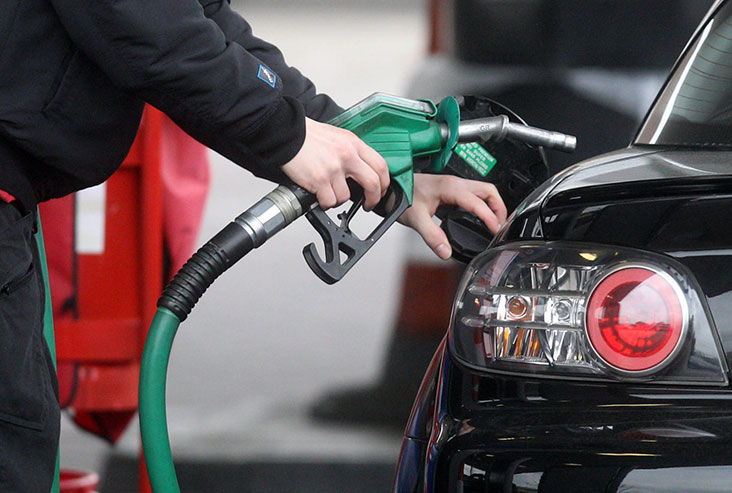


As the automotive industry continues to evolve, the future of petrol cars has become a topic of debate. With the rise of electric vehicles (EVs) and the growing concern about climate change, many wonder if petrol cars still have a place in the future. However, there are several factors to consider that suggest petrol cars may still have a significant role to play.
Firstly, petrol cars have a well-established infrastructure in place. Gas stations are readily available and widely distributed, making it convenient for drivers to refuel their vehicles. On the other hand, the charging infrastructure for EVs is still developing and may require additional investment to reach the same level of accessibility.
Another factor to consider is the range and refueling time. Petrol cars typically offer a longer driving range and can be refueled in a matter of minutes. While EVs are continually improving in terms of range and charging speed, they still have some limitations in comparison. This makes petrol cars a more practical choice for long-distance travel and for those who cannot afford extended charging times.
Additionally, the affordability of petrol cars remains a key factor. Although EVs are becoming more affordable, they still come at a higher price point compared to petrol cars. This price difference, along with the cost of battery replacements in EVs, may make petrol cars a more accessible option for many consumers, especially in developing countries where the charging infrastructure is still underdeveloped.
Furthermore, advancements in petrol engine technology have significantly improved fuel efficiency and reduced emissions. Modern petrol engines are more environmentally friendly than their predecessors, meeting stricter emission standards and consuming less fuel. This means that even though EVs are considered cleaner, petrol cars have made impressive strides in reducing their environmental impact.
It is important to note that the future of petrol cars may vary across different regions and markets. Some countries have set ambitious targets to phase out internal combustion engine vehicles entirely, while others may continue to rely on petrol cars due to various factors. This regional variation highlights the complexity of the issue and the need for a diverse range of transportation options.
In conclusion, while the rise of electric vehicles is transforming the automotive industry, petrol cars still have a future. The existing infrastructure, longer driving range, faster refueling times, affordability, and improved environmental performance of petrol cars make them a viable choice for many consumers. As technology continues to advance, it is likely that a mix of petrol, electric, and hybrid vehicles will coexist to meet the diverse needs of consumers and the demands of different markets.